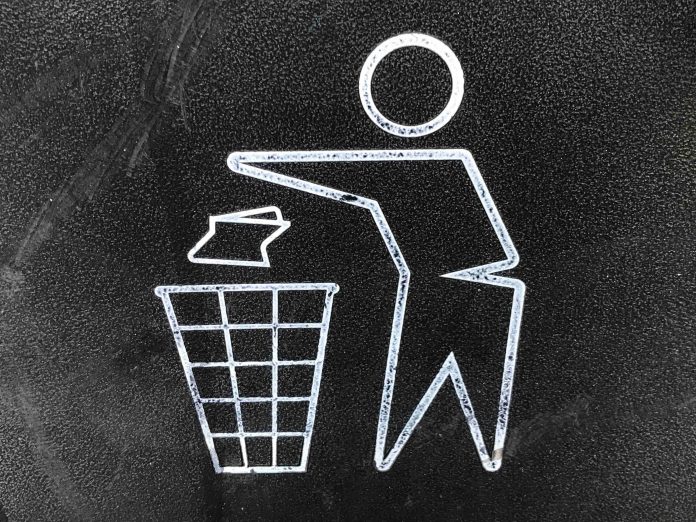On August 1, 2019 the SISSTEM project kicked off at the University of Aruba, an ambitious program aimed at the development of critical capacity for Sustainable Island Solutions. SISSTEM advances sustainability policies at an academic level, supporting resilience in small island states while educating a new generation of academics that have the skills and capacity to make these policies a reality.
SISSTEM offers a 3-year, 180 EC bachelor program in STEM with specializations in bio-environmental sciences, technology and engineering, and informatics and data sciences; a 1.5-year, 90 EC multidisciplinary master program, PhD projects for sustainable development in small island states and a research and development center. The SISSTEM project is the result of a collaboration between the University of Aruba, KU Leuven and the initial phase is funded by the EU as part of the EDF-11 fund.
We wish to inform you more about two recently started SISSTEM PhD projects:
Vertical Farming on Aruba: opportunities for Small Island States
By Kryss Facun PhD student of the University of Aruba and KU Leuven, Belgium (Sandwich PhD), Promotor: Bram Van de Poel
Vertical farming it is a rising trend and is being implemented mainly in urban areas to boost local and sustainable food production. Small Island States, such as Aruba, are lacking land for massive agricultural development, so growing vertically and indoors is a great opportunity to become more self-sufficient, and partly independent on agri-crop import. This project is a collaboration between the University of Aruba and the University of Leuven. They will investigate the possibilities of indoor vertical farming on the small island of Aruba. They will optimize the ideal conditions with respect to climate and light quantity and quality to grow plants in a controlled indoor farm. They will grow favorable specialty crops (such as strawberries) with a short storage life, to reduce the dependency of import. They also have the ambition to translate knowledge on plant physiology and photobiology, to agricultural and innovative vertical farming applications for real-life situations. Eventually they have the ambition to provide locally produced fruits and vegetables making Aruba’s food production economy more sustainable.
Development of an optimized sustainable waste management system for Aruba
By Colleen Weekes (PhD student of the University of Aruba), Jo Van Caneghem, Wim Dewulf and Karel Van Acker (Katholieke Universiteit Leuven)
Rapidly increasing waste generation is posing significant challenges to small island developing states (SIDS) where geographic isolation, high population densities, limited regulatory frameworks and competing land uses compound issues related to municipal solid waste (MSW) management. This is particularly the case in Aruba where the majority of waste has been deposited without pre-treatment at landfill. The main aim of this PhD research is to improve MSW management by maximizing local reuse and recycling as well as employing energy and resource recovery technologies, taking into account the specific socio-economic context of Aruba. Investigated technologies may include the fermentation of organic fractions, small-scale waste incineration with energy recovery or component remanufacturing technologies. The development of these waste management systems will be based on life cycle and material flow analysis. Research is incipient with focus being placed on data collection and identification of data gaps as it relates to waste mass flows and composition as well as the waste collection and treatment strategies currently being employed on the island.
For more information on SISSTEM, please contact Eric Mijts (eric.mijts@ua.aw).




















